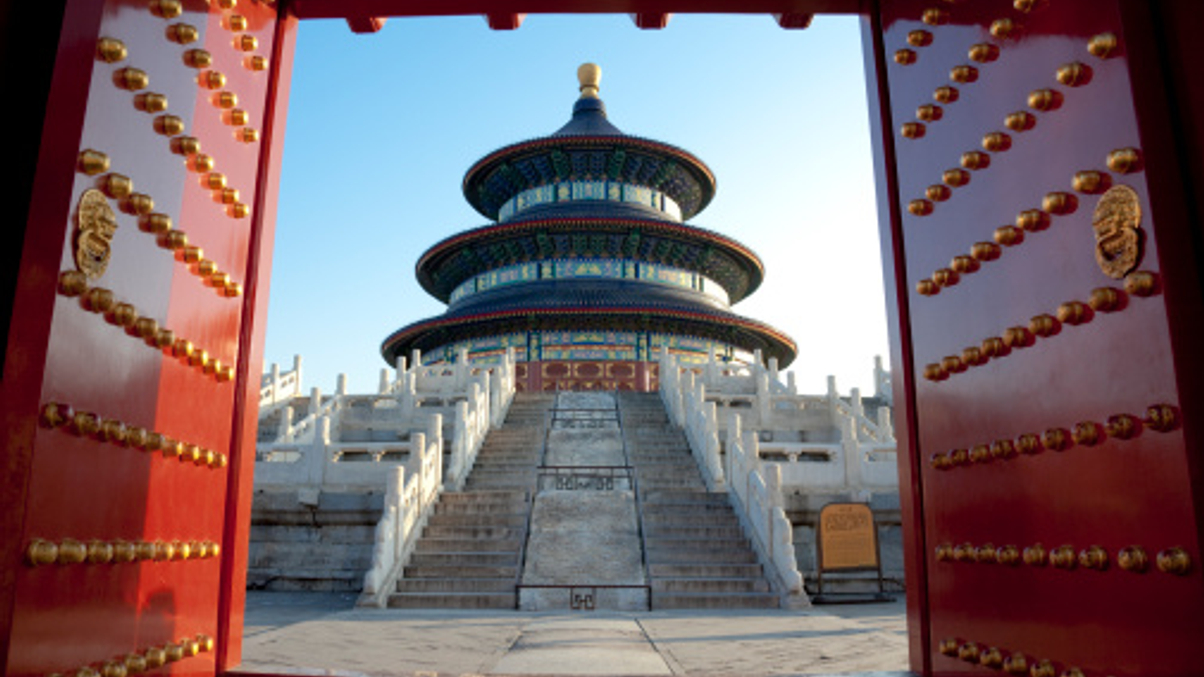Pending RQFII changes to give managers freedom: sources
China's foreign exchange regulator is to change from awarding quotas for specific products to quotas for firms, which should help to cut down on unutilised quota and be more efficient.

Chinese authorities are understood to be preparing changes to the RQFII programme that would grant fund managers more freedom in how they allocate their quotas.
Sign in to read on!
Registered users get 2 free articles in 30 days.
Subscribers have full unlimited access to AsianInvestor
Not signed up? New users get 2 free articles per month, plus a 7-day unlimited free trial.
¬ Haymarket Media Limited. All rights reserved.


